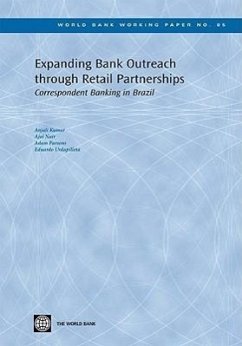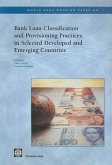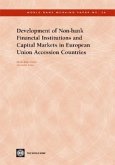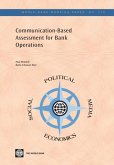This paper explores the extent to which formal, regulated financial institutions such as banks have been able to partner with 'correspondents' commercial entities whose primary objective and business is other than the provision of financial services. The paper illustrates the case of Brazil, where banks recently have developed extensive networks of such correspondents. Such arrangements result in lower costs and shared risks for participating financial institutions, making these arrangements an attractive vehicle for outreach to the underserved. Correspondent banking requires an enabling environment to emerge, and poses some regulatory challenges and some increase in risk. While there are reasons why this model was particularly successful in Brazil, it may be replicable elsewhere if appropriate regulatory adjustments are undertaken.








